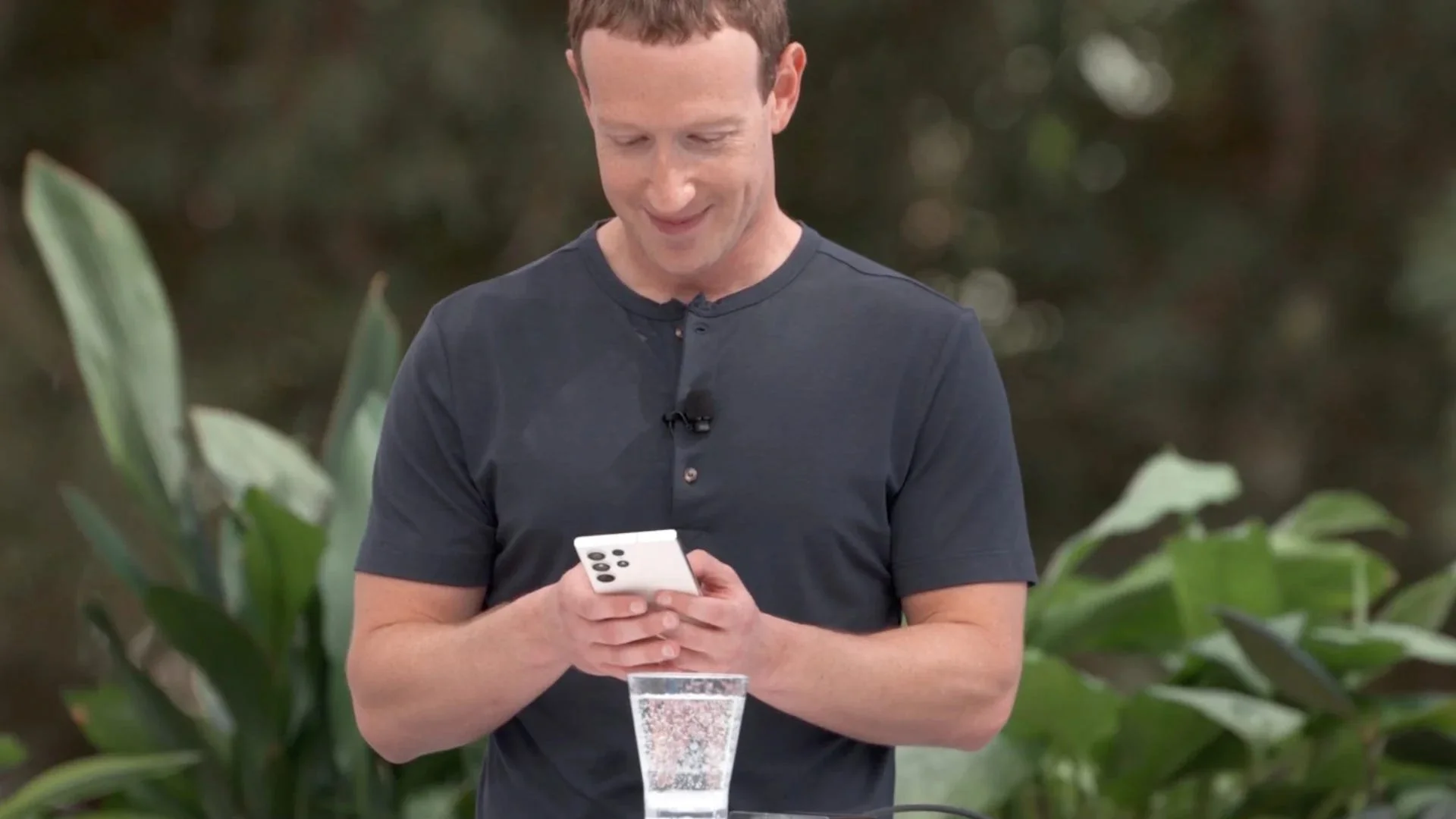The Smartphone is Dying, According to Zuckerberg
I don’t know if this is the beginning end for all mobile software developers, but Mark Zuckerberg has announced his belief that the smartphone is dying.
It’s had a good run for the last 20 or so years and has even kept prominence after the mass adoption of wearables like smartwatches.
Zuckerberg thinks technology will move on, in the form of smart glasses.
“There will come a point where your smartphone will be in your pocket more than out of it, I think that will happen during the 2030s.”
A Bold Statement
This does sound like a fantasy from a billionaire tech CEO, but let’s dive deeper into this.
Major players including Meta and Apple are pouring billions of dollars into AR glasses. In fact, their Vision Pro glasses seem to be a large bet on the future, and although they have yet to show widespread adoption you wait until the second, or third version. Where Apple puts money, success is likely (just ignore the Newton, Pippin, Lisa). The same goes for Meta, they’re investing and seldom make mistakes (Facebook phone, virtual gifts, Poke).
So, I think we can guarantee that Zuckerberg is right, and phones will start disappearing in around 5 years time.
Smartphone Fatigue
Something has to change. Smartphone fatigue is a real thing, users are getting sick of endless notifications, screen addiction, or the physical burden of carrying a device. That means users are receptive to the alternatives.
Smart glasses, powered by artificial intelligence and augmented reality, could be the solution we didn’t know we needed. Imagine walking through a city, seeing directions projected directly in your line of sight, or receiving real-time notifications without ever touching your phone.
Zuckerberg predicts that within a decade, we’ll see people relying more on smart glasses than smartphones. While smartphones won’t disappear overnight, they’ll become secondary devices, with AR glasses leading the charge in how we interact with digital content. The transition is already starting to take place.
Now, don’t get too excited. Smart glasses have their own set of challenges. Battery life, processing power, privacy concerns, and the social stigma of wearing something that might make you look like a cyborg are all obstacles that need to be tackled. But history shows that when a new technology offers a more convenient and immersive alternative, it’s only a matter of time before it takes over. Look at how quickly smartphones replaced landlines or how touchscreens replaced physical keyboards.
The Impact
So, what does all of this mean for you? Well, it’s time to stop thinking of your smartphone as the be-all and end-all of technology. The next big leap is coming, and it might just come in the form of a pair of glasses you wear every day.
What does that mean for developers who have just cottoned on to Kotlin Multiplatform? The truth is that nothing has changed, as in this game software developers need to keep running to stand still. The transition from phone to glasses might not be trivial, but hey at least you’ve got time (right?). This is always the case, as COBAL programmers will be able to tell you.
Conclusion
The smartphone is dying but, in its place, a whole new way of interacting with the world is being born.
Software developers need to keep rolling through the punches and keep their skills up to date if they want to continue to work in this game. If you’re a mobile dev perhaps it’s time to pay attention, or at least ask AI to think of new alternative jobs for you to do in the 2030's.
Welcome to the future, folks. It’s going to be a wild ride.


